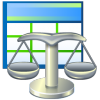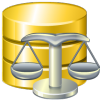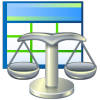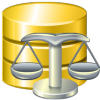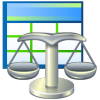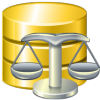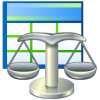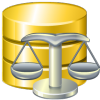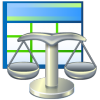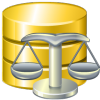Online Documentation for SQL Manager for Oracle
Creating/editing queue table
Use the Queue Table tab of Queue Table Editor to create/edit a queue and specify its properties.
Name
Name of a queue table to be created
Schema
Use the drop-down list to specify the schema in which the queue table will be created.

Payload type
Use this section to specify type of the user data to be stored.
![]() Row
Row
Indicates that RAW type will be used to store data in the queue table.
![]() Object type
Object type
Select this option to use an object type to store data in the queue table. Use the Schema and Name drop down lists to define the object type.
Compatible
Specify the lowest database version with which the queue is compatible.
Primary instance
The primary owner of the queue table. Queue monitor scheduling and propagation for the queues in the queue table are done in this instance. The default value for primary instance is 0, which means queue monitor scheduling and propagation will be done in any available instance.
Secondary instance
The queue table fails over to the secondary instance if the primary instance is not available. The default value is 0, which means that the queue table will fail over to any available instance.
Sort list
The columns to be used as the sort key in ascending order. This parameter has the following format: 'sort_column_1,sort_column_2'.
![]() Multiple consumers
Multiple consumers
If the option is enabled then queues created in the table can have multiple consumers for each message.
![]() Message grouping
Message grouping
Defines message grouping behavior for queues created in the table. If the option is disabled each message will be treated individually. If the option is enabled, messages enqueued as part of one transaction are considered part of the same group and can be dequeued as a group of related messages.
![]() Secure
Secure
Enable this option if you want to use the queue table for secure queues. This option is available only for server version 8.1 or higher.







